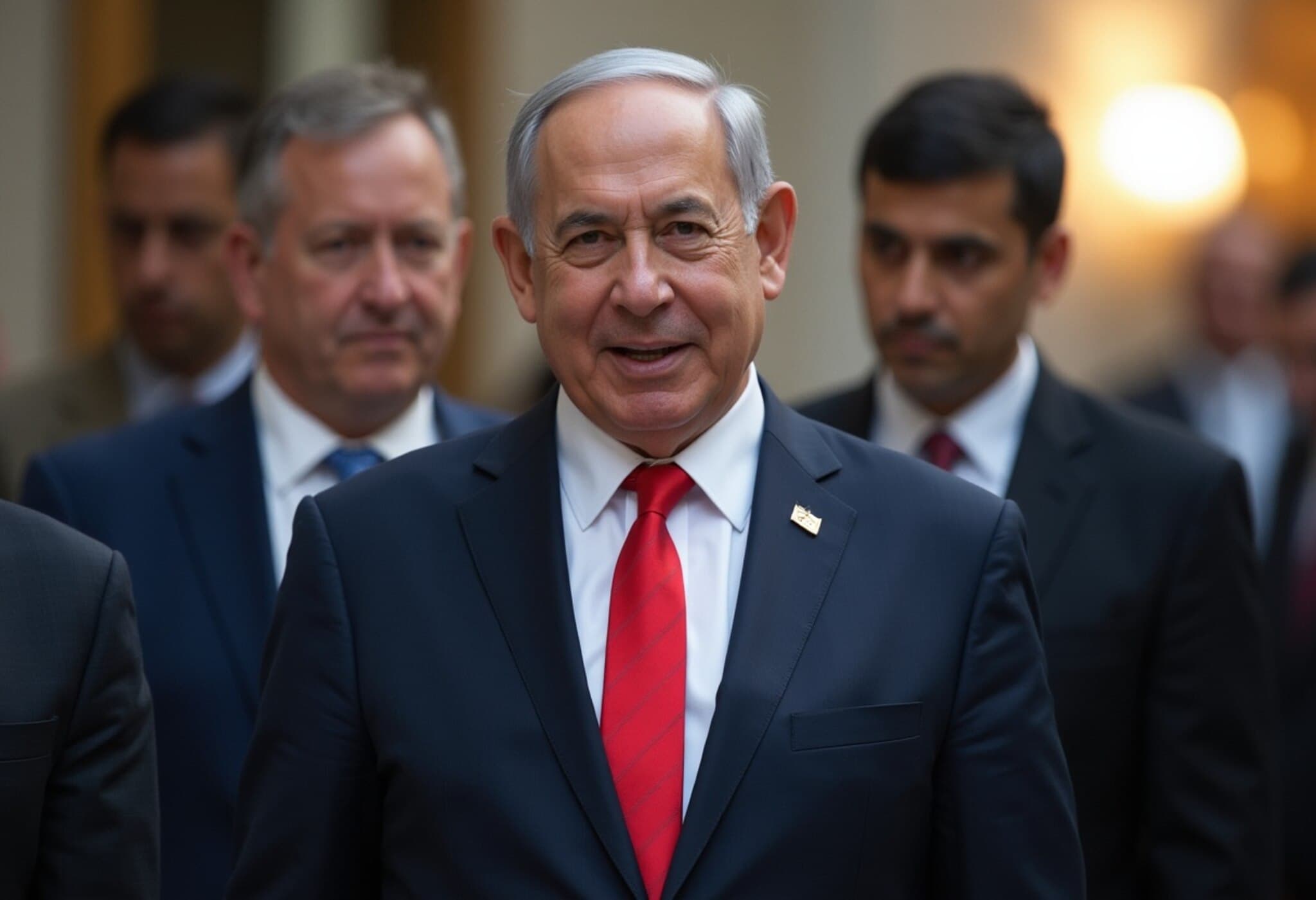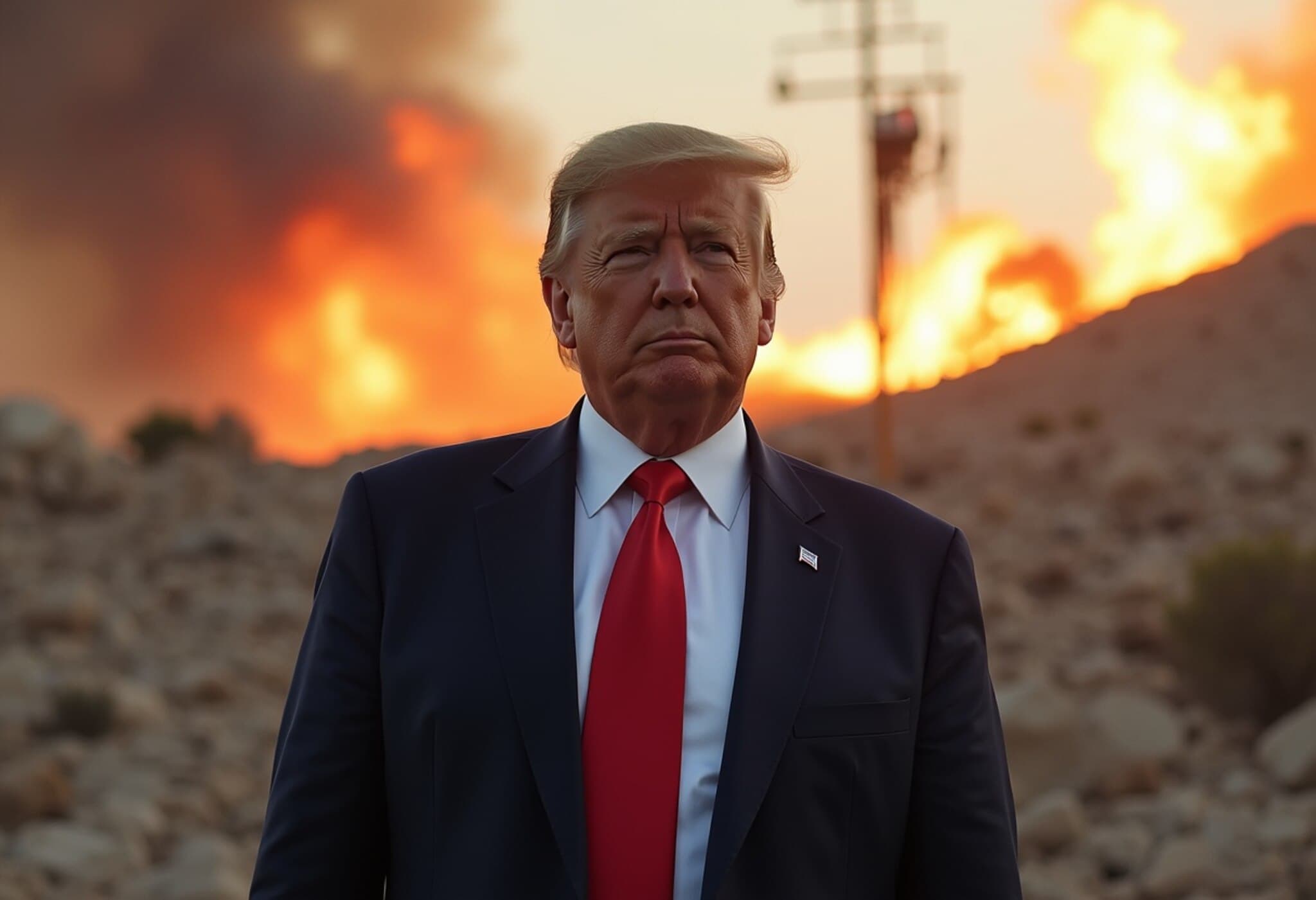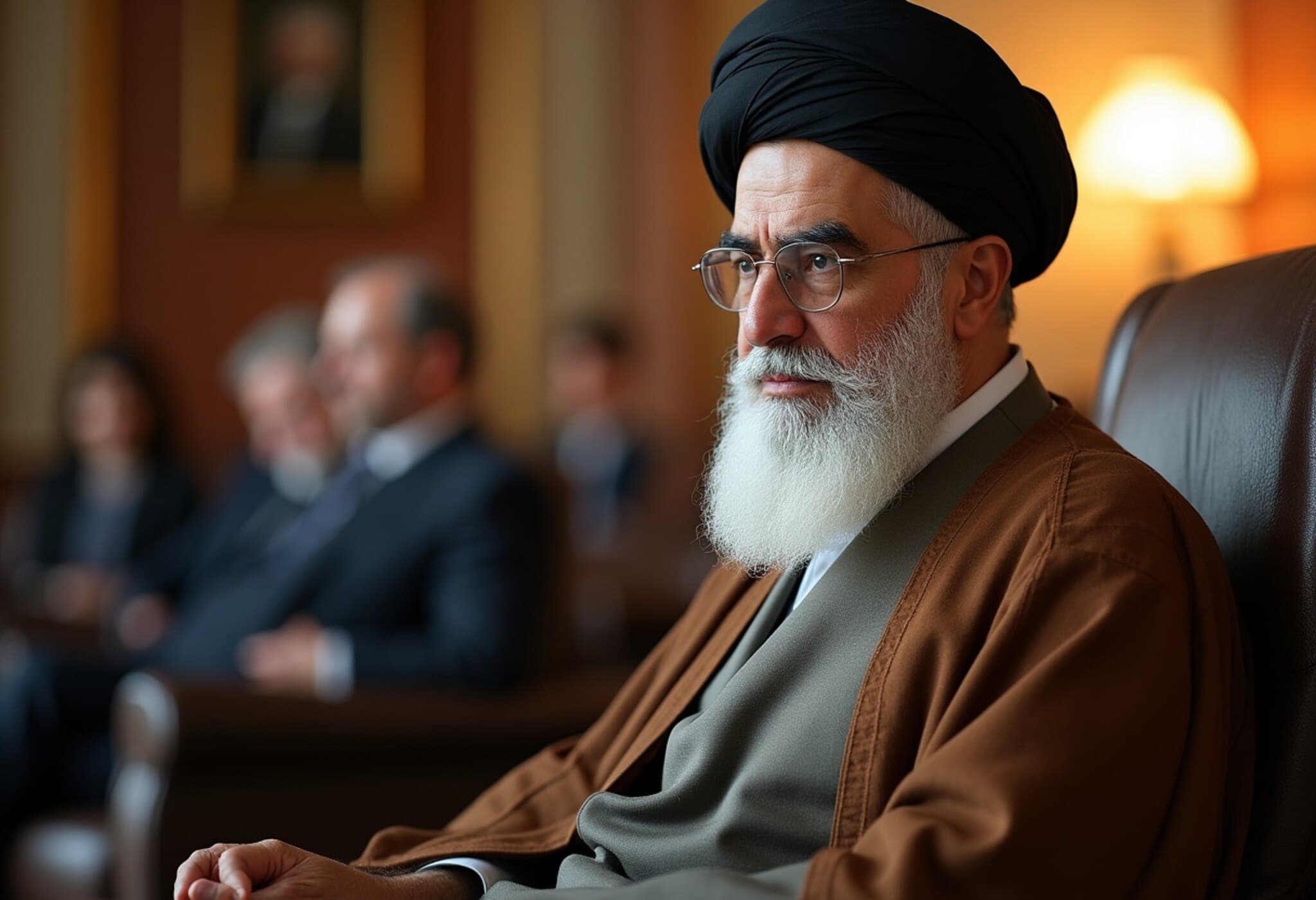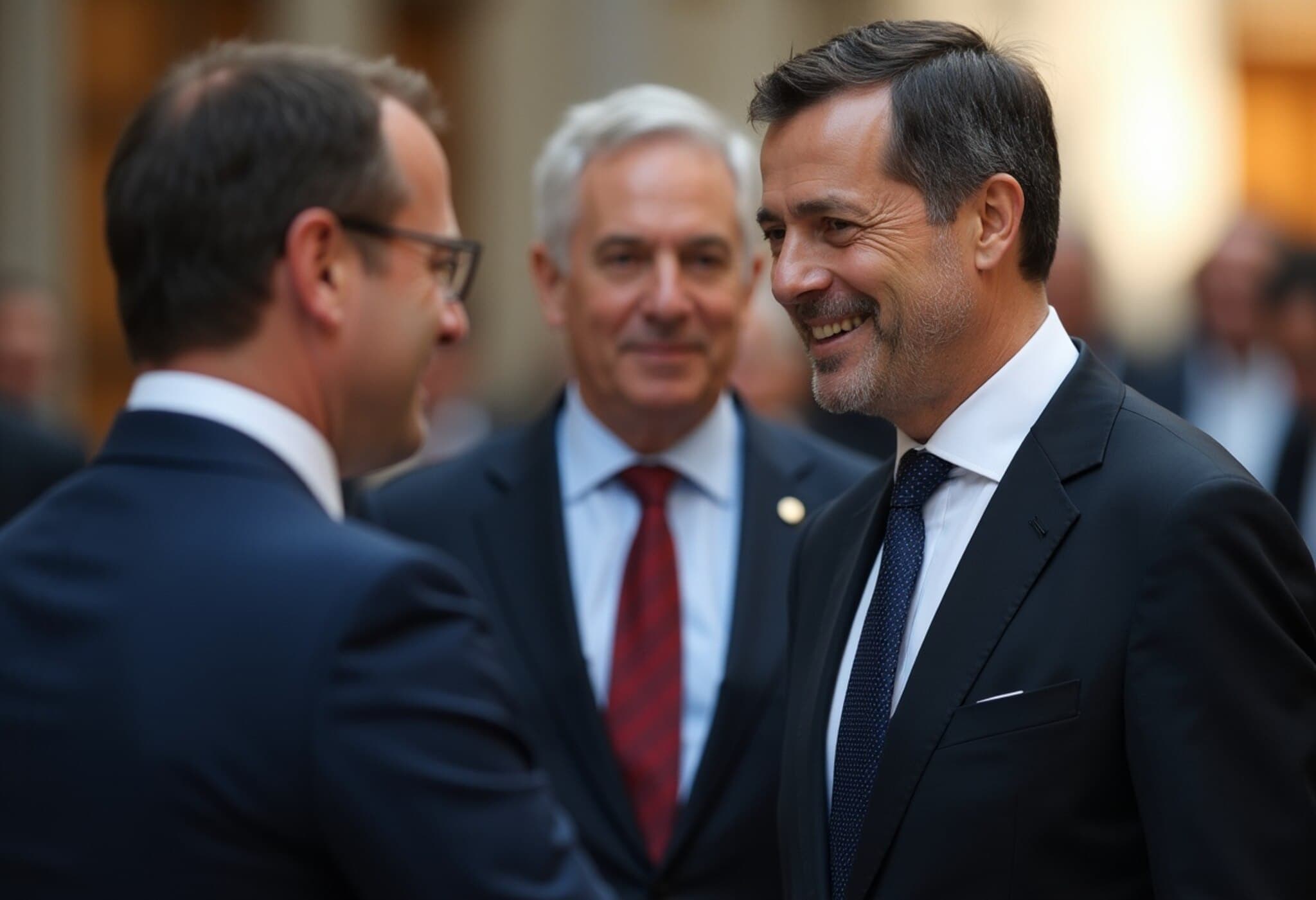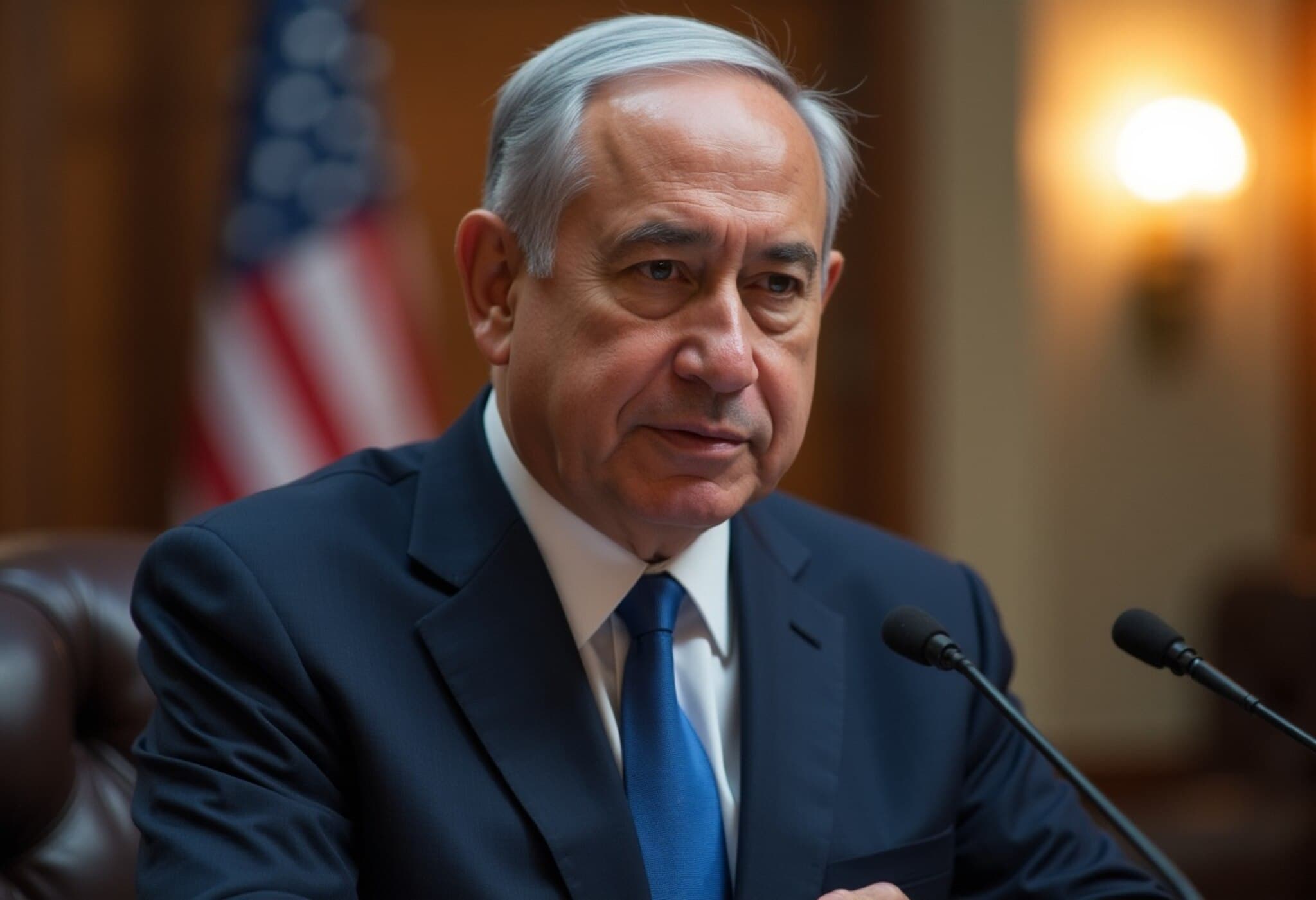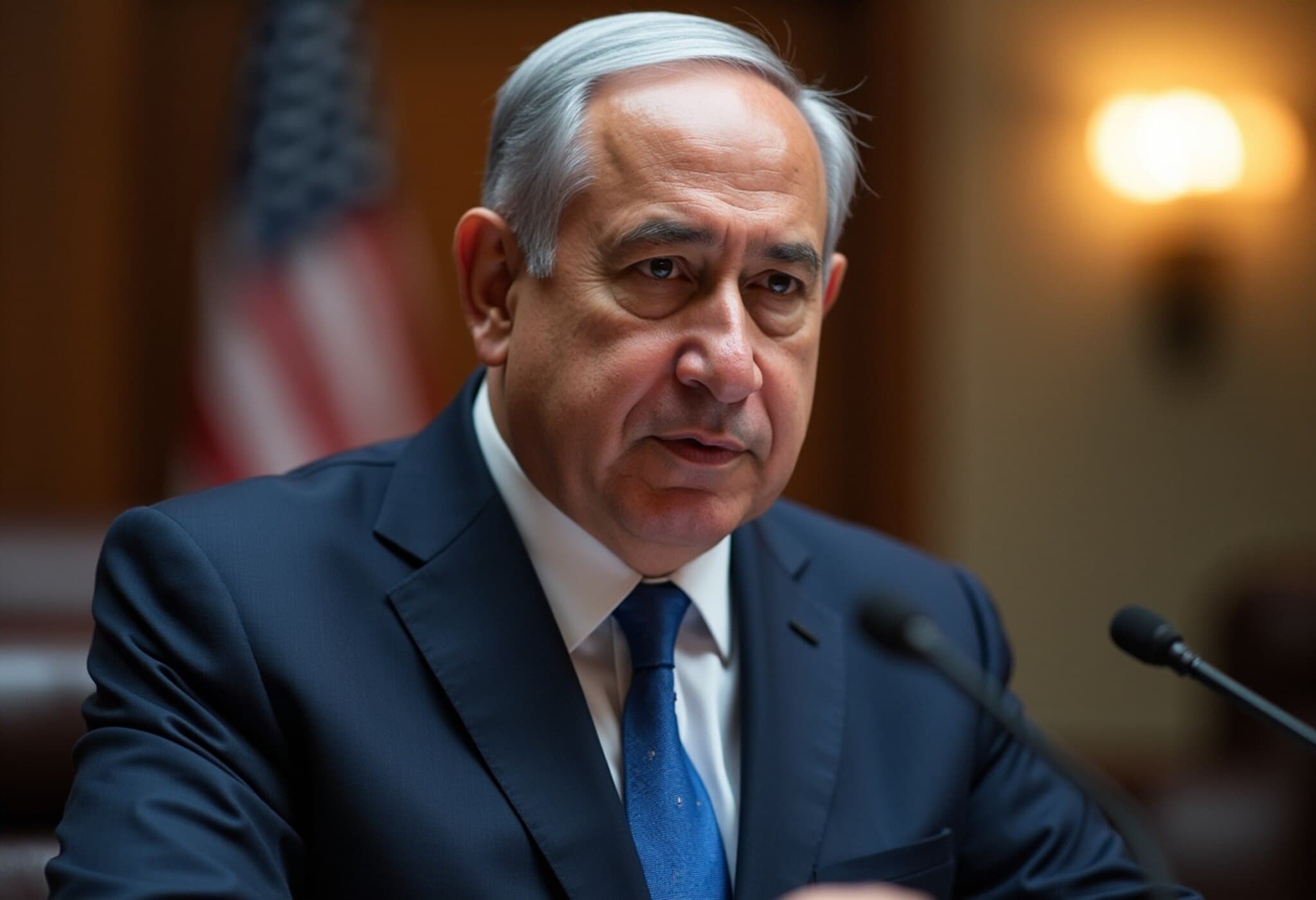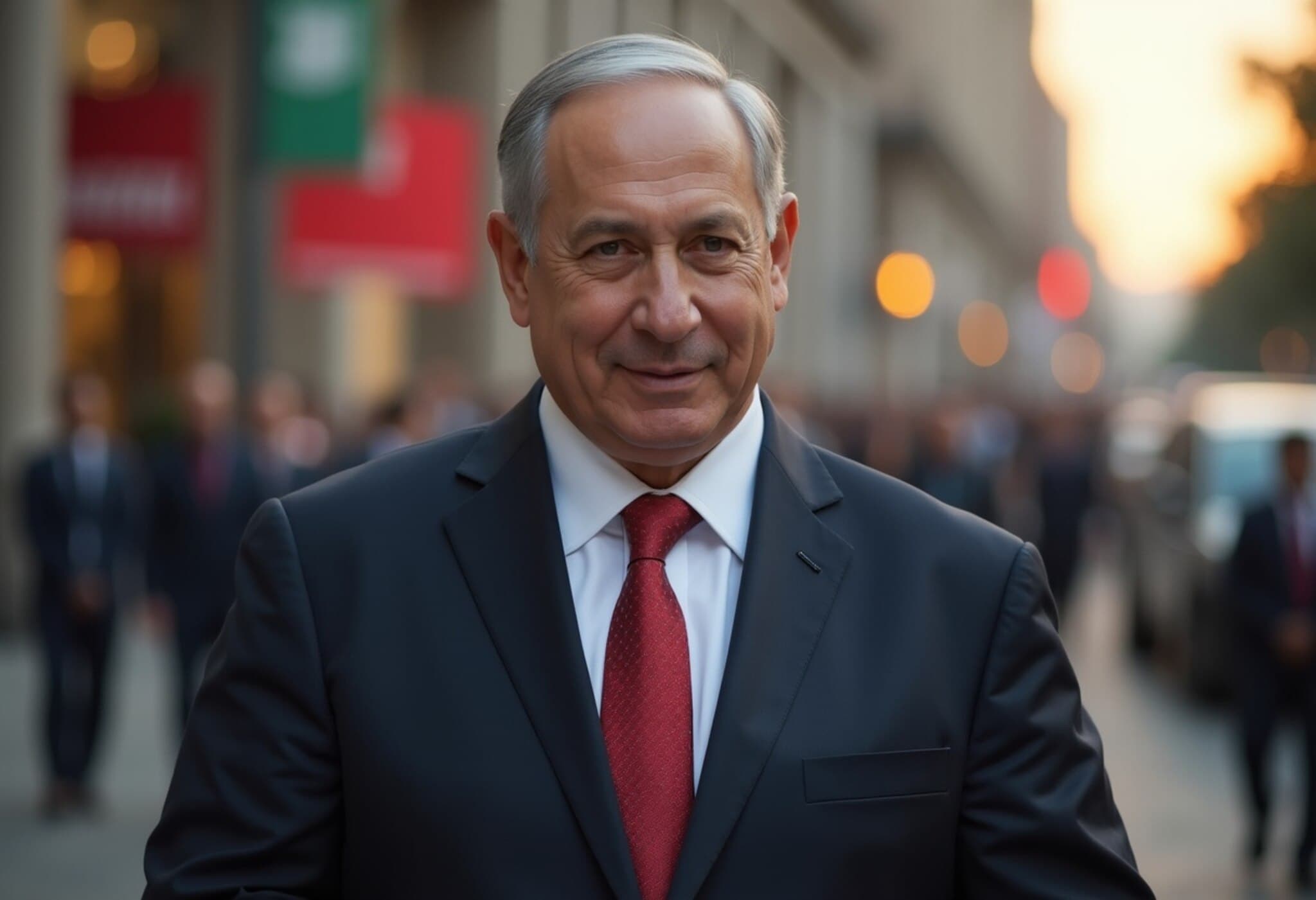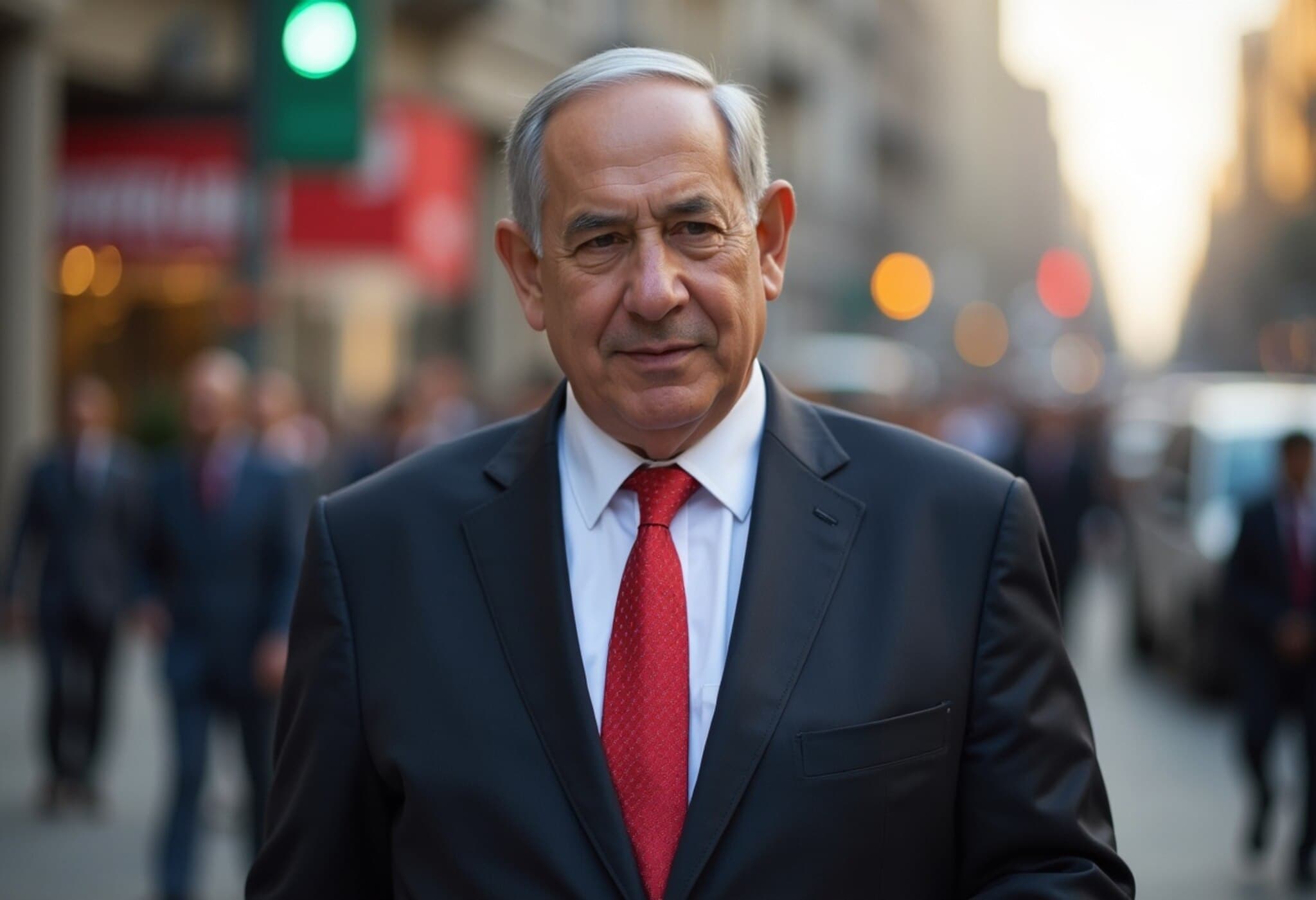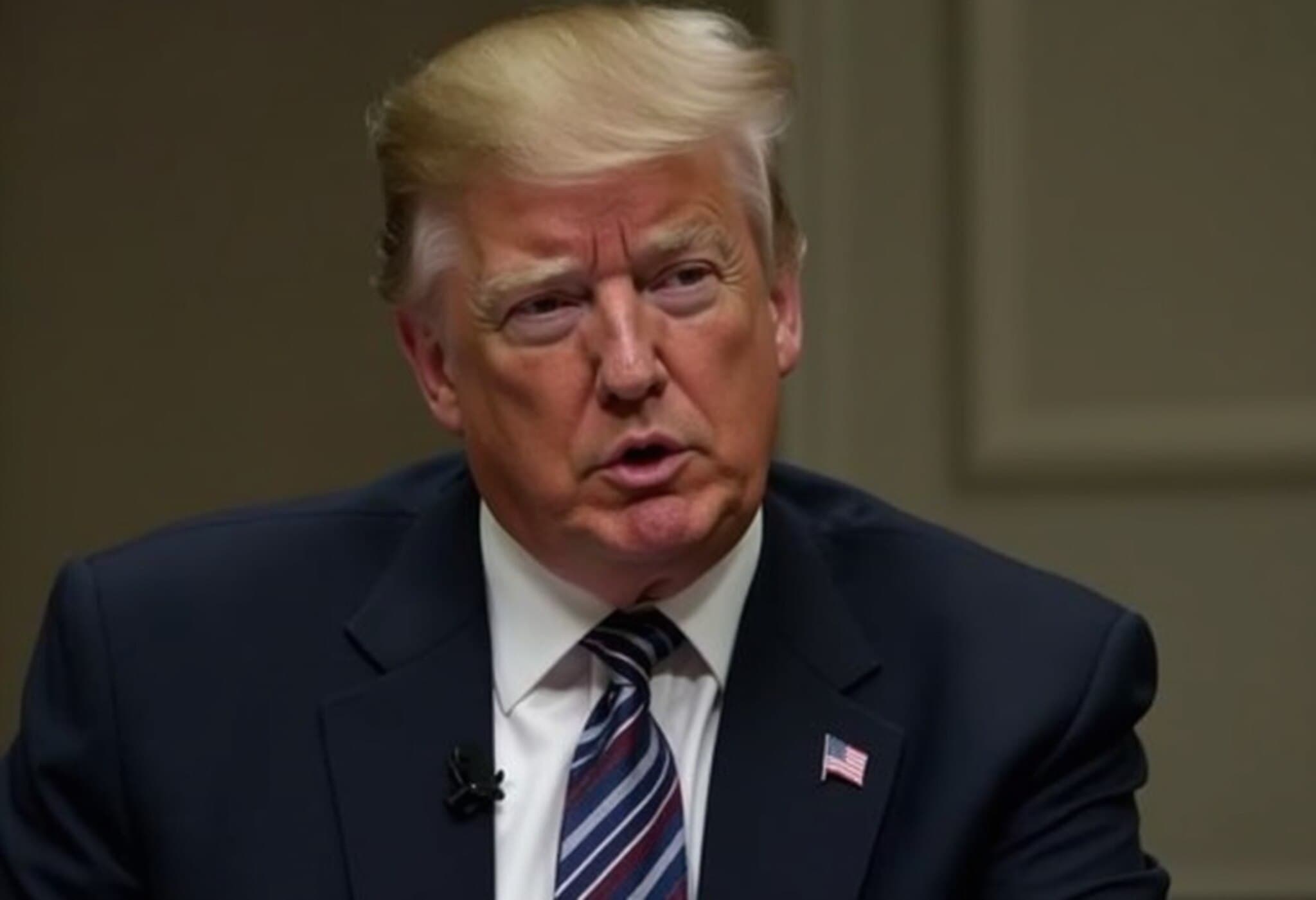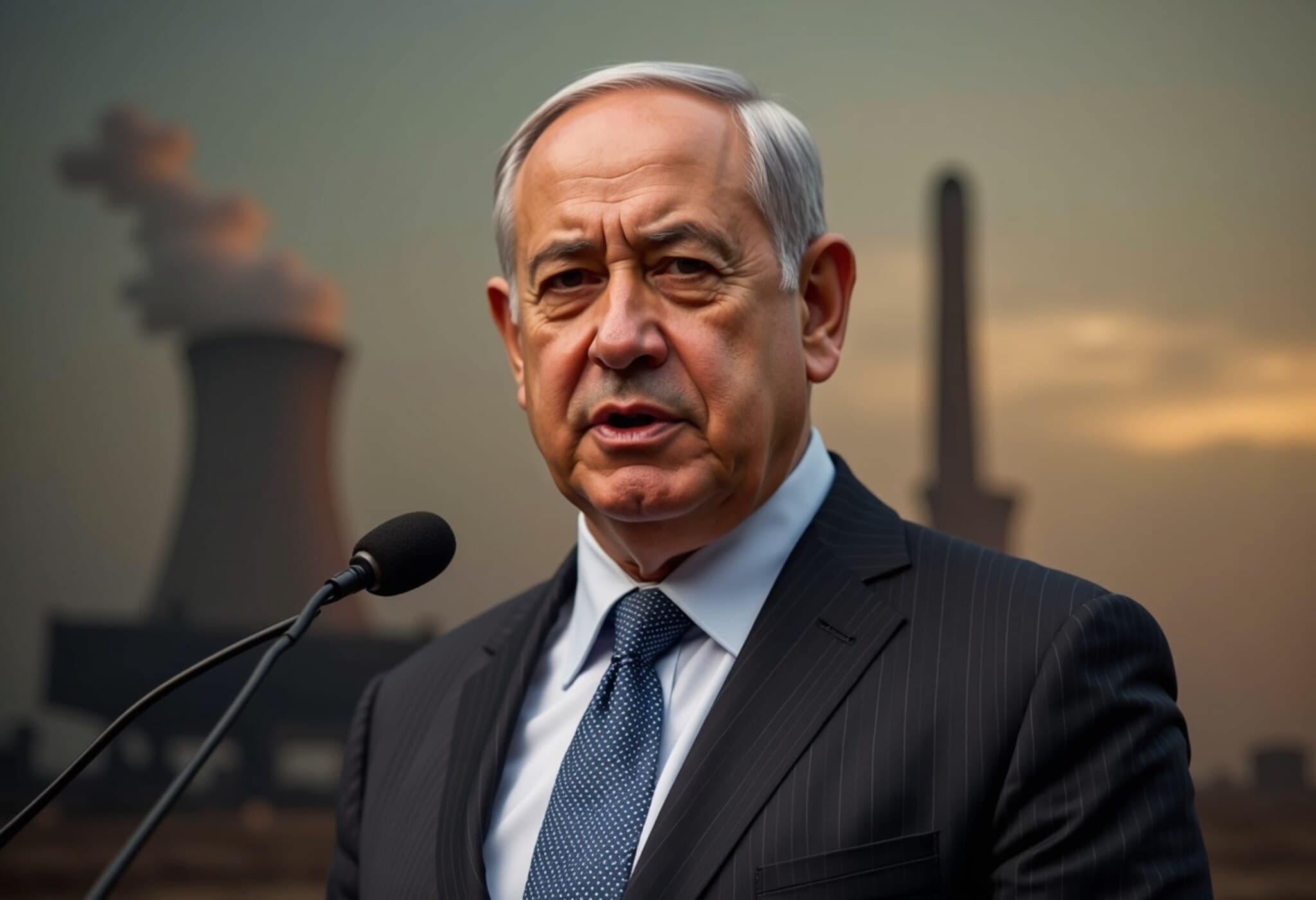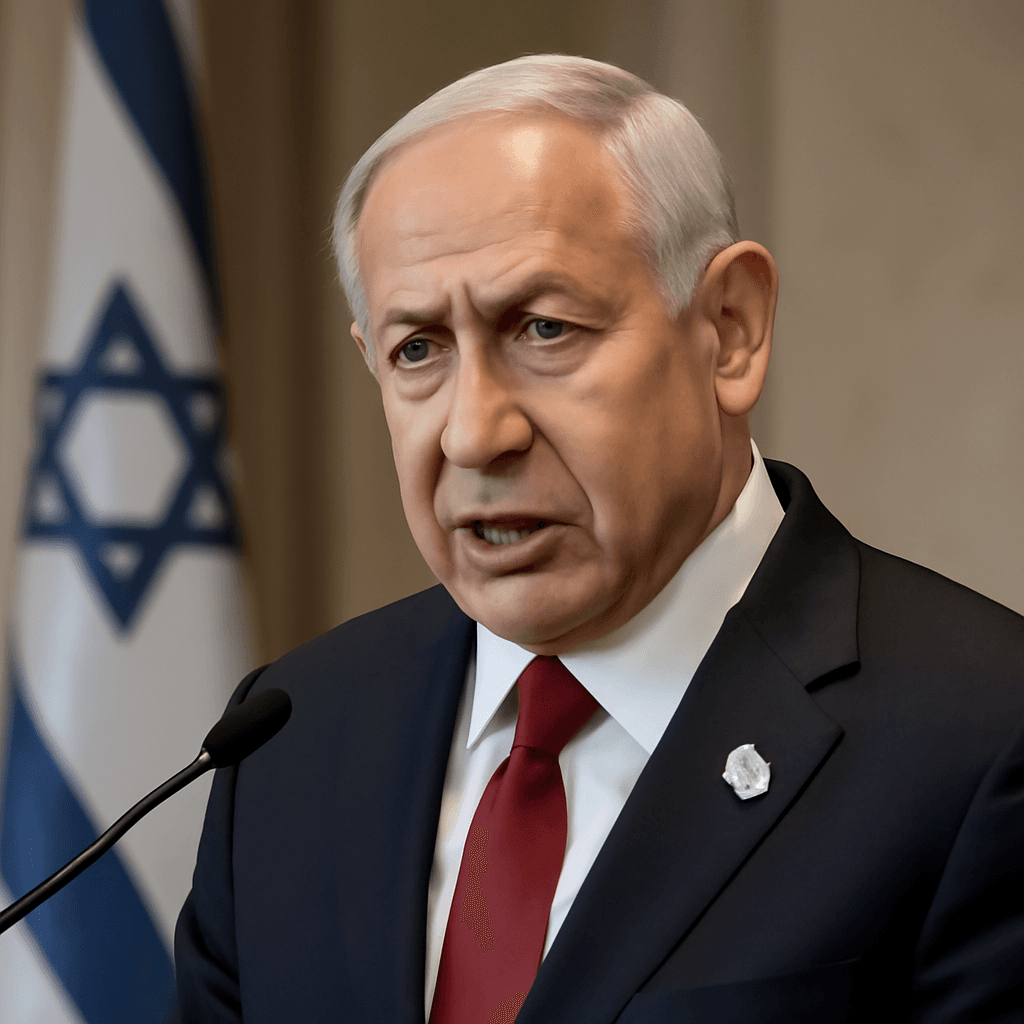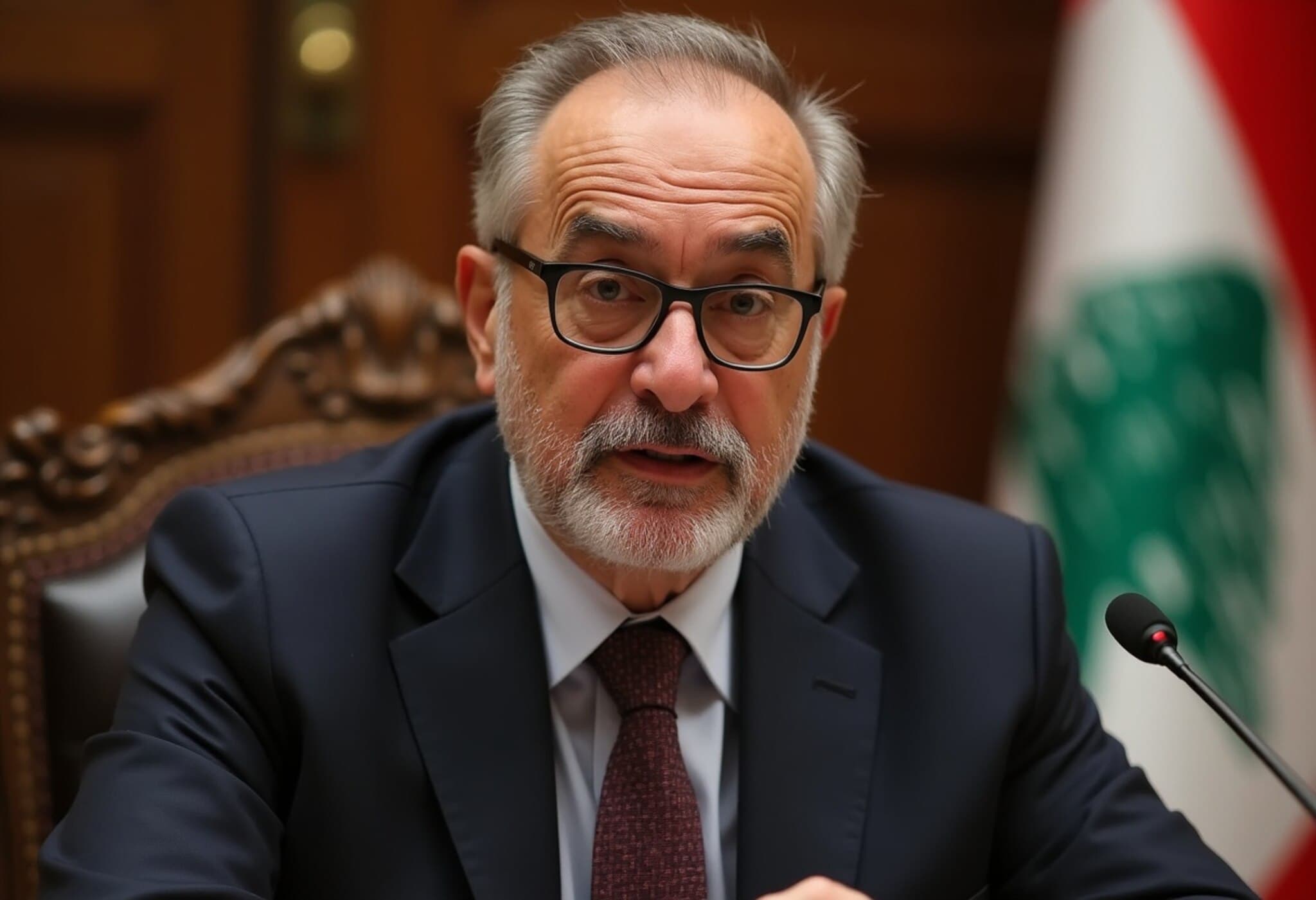Netanyahu’s Washington Visit Falls Short of Gaza Ceasefire, Trump Gains Nobel Peace Prize Nomination
In the tense atmosphere of ongoing conflict in Gaza, Israeli Prime Minister Benjamin Netanyahu visited Washington this week, aiming to advance peace talks. Despite President Donald Trump’s vigorous push for a 60-day ceasefire between Israel and Hamas, the visit concluded without a tangible agreement on halting hostilities.
Trump’s Ceasefire Ambitions Meet Political Realities
President Trump, who has long cherished his image as a dealmaker and peacemaker, had hoped this high-profile meeting would mark a breakthrough in the 21-month Gaza conflict. Instead, he received a Nobel Peace Prize nomination, an accolade that, while prestigious, fell short of addressing the dire humanitarian and political needs on the ground.
Rachel Brandenburg, Washington Managing Director and Senior Fellow at the Israel Policy Forum, remarked, "This visit serves as a litmus test for Trump's ability to negotiate peace, but it underscores how complex this conflict is—no quick deals here." Indeed, the absence of a ceasefire deal highlights the stark realities Israel and the U.S. face amid deeply entrenched hostilities and competing agendas.
Progress, Yet Persistent Obstacles
Despite public optimism from U.S. officials like Secretary of State Marco Rubio, who expressed hopes that “we’re closer than we’ve been in quite a while,” the path forward remains fraught. The core challenge lies in contradictory stances: Israel demands Hamas’s disarmament, while Hamas conditions hostage releases on Israeli withdrawal—an impasse with no easy resolution.
- Trump’s broader Middle East vision includes expanding the Abraham Accords and normalizing relations with states like Syria, dependent on peace in Gaza.
- Netanyahu has pledged that if a ceasefire fails to permanently weaken Hamas, military operations will resume.
- Hostage releases remain a sensitive and emotional aspect, deeply influencing Israel’s willingness to negotiate.
Rekindled Trump-Netanyahu Relations Amid Political Calculations
The visit also showcased a notably warmer relationship between Trump and Netanyahu, following past tensions where Trump publicly criticized Netanyahu’s preparedness amid Hamas’s October 2023 attack. This renewed allegiance is marked by joint military support, including U.S.-backed strikes on Iranian nuclear sites, a move that sent ripples through international diplomacy and some American factions.
Netanyahu’s public praise for Trump, including a video lauding their “unshakeable alliance” and the leader’s efforts to pivot Middle East history toward peace, suggests mutual political benefit. However, experts caution that Netanyahu’s political survival depends on walking a tightrope—balancing domestic pressures from right-wing coalition partners and public demands for a decisive victory against Hamas.
Domestic Pressures Clamp Down on Netanyahu
Inside Israel, Netanyahu confronts mounting criticism over prolonged conflict and hostages’ fates. While military advances against Iran bolster his stature, many Israelis demand an unequivocal end to Hamas’s threat. His far-right allies threaten political upheaval if he pursues peace without dismantling Hamas, risking his 16-year leadership continuity and vulnerability to corruption charges.
In a recent statement, Netanyahu proposed a temporary 60-day ceasefire contingent on releasing half of the hostages, with a caveat that any permanent peace requires Hamas’s disarmament—a condition Hamas adamantly rejects.
Expert Insight: The Fragile Balancing Act of Peace and Power
Policy analyst Rachel Brandenburg highlights the delicate dance: "If Netanyahu resists Trump’s peace ambitions for too long, he risks alienating a key ally. Yet surrendering too much could fracture his coalition and jeopardize his political future. Israel’s leadership is thus caught between hard security goals and the urgent humanitarian need to end bloodshed."
This diplomatic stalemate underscores the profound complexity of Middle East peacemaking efforts, where personal politics, national security, and regional stability are deeply intertwined.
Editor’s Note
The failure to secure a ceasefire despite high-profile diplomacy reveals the entrenched challenges in resolving the Gaza conflict. Trump’s Nobel nomination contrasts sharply with the absence of peace, highlighting the gap between symbolic achievements and on-the-ground realities. Readers should consider: How can international actors balance domestic politics with the urgent need for humanitarian relief? What role will future U.S. administrations play in mediating this protracted conflict? This evolving story remains a vivid example of how peace is not just negotiated but painstakingly earned.

